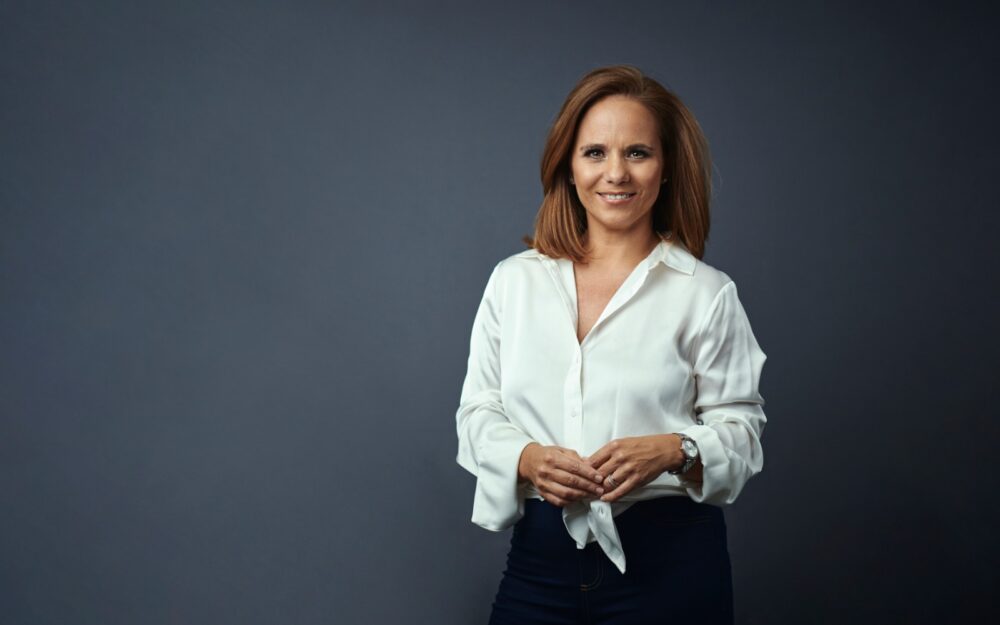Counselling is a profession I have always been drawn to, mainly because many of what I describe as my core character traits resonate with the skills required for this work. I’ve also, for better or for worse, had the benefit of my own experience, and of the benefits of counselling and talking therapy as a client over the years.
Back in 2010, whilst looking to study as a trainee counsellor, relevant courses were not available in Gibraltar. Whilst researching for other options I came across a six-year part-time Health and Social Care Degree through the Open University. I enrolled and Graduated in 2016. In 2019 the Gibraltar College of Education launched the CPCAB’S Counselling Professional Qualification, a Diploma in Counselling. I knew this was for me and didn’t hesitate to take the opportunity.

I was lucky enough to be awarded funding through the Department of Education, though funding is also offered, on application, by organisations such as the Kusuma Trust and the Peter J Isola Foundation.
The course requires an attendance of six hours a week that covers both the theory and skills practice element of the course, alongside additional reading, research, reflection journals and exams. It also involves attending to my own personal therapy for a minimum of ten sessions, and one hundred hours of supervised counselling practice sessions.
As a person who is naturally empathetic and a sponge to others’ emotions, the Gibraltar College was a very good fit for me, as they provide the face-to-face and online tutor support and supervision that I feel is paramount in this line of work.
The course is very well structured and provides a good introduction to what it might be like to sit with someone to listen to them in a space dedicated to listening.
Following this there is a nice and easy progression to where you learn a little bit more about the skills introduced at level two that enable you to practice them, and at the same time listen and learn about yourself. Beyond that, the next stage involves the learning of counselling theories to add to the skills already developed.
By the time I had completed level three I had no doubt that this work was for me and I was ready to commit to level four. The work at this level is no doubt demanding, especially as I manage a full-time job and family commitments.
This requires a lot of forward planning. The tutor support on this course proved critical, I think to my success. They don’t just deliver classes – they also teach you the skills needed to succeed in the academic environment and how to develop time management and study skills. They understand your own personal learning style and work to your strengths.
What I have enjoyed most throughout the training is not a specific topic but the fact that it is an integrative course, meaning that it is a course that draws on techniques from different types of therapy allowing the counsellor to practice with the approach that works best for the client, considering the clients individuality and personal circumstances.
Integrative therapy can help with a range of short and long-term issues, including anxiety, depression, trauma, relationships, addictions, bereavement, and low self-esteem. It can help with emotional wellbeing and mental health, enabling people to live life to their full potential.

It is undoubtably a challenging course and a huge commitment on many levels but I have been fortunate to have fantastic peer and tutor support offering continuous learning to become a well-rounded counsellor. It will come as no surprise to readers that I would wholeheartedly recommend this course to any prospective students considering counselling as a career path.
From a learning perspective, and having recently turned 50, counselling is one field where life experience really, really helps, and there is no set retirement age.
Gibraltar has seen an increased demand for counselling in general, and particularly for workplace counselling. With employers recognising the value of therapy and understanding that the uninterrupted efficiency and success of a company depends on employee well-being; the use of technology in counselling also gives the client more choice and flexibility on how and when they receive therapy. This is especially relevant given that there unfortunately remains, in the minds of many, a stigma attached to the subject of mental health. This is particularly so in the context of younger people, who have taken to online therapy as a way of seeking help. With the main advantage of not being restricted by the location there is much more scope for counsellors to offer therapy.
A force that could shape the future of mental health services is Drop-in counselling. A onetime drop-in session, where you can discuss your struggles and get information about the resources offered and how to access them.
The ability for clients to attend to a walk-in clinic where they can get help without having to make an appointment ahead of time, I believe would have a direct positive impact on both the service users and their families, strengthening the support for people in crisis.
If you are thinking about training as a counsellor, the most valuable aspect for me is having the opportunity to just be there and to listen. The experience of seeing a person walk away lighter, freer, and excited to live their own personal journey after healing from wounds, disorders, and obstacles in their path is a most rewarding experience.
I have not once looked back to my decision to pursue this qualification and would encourage anyone that has set their sights on becoming a counsellor, to pursue this fulfilling career that has a lot to offer.
Text By: Genevieve Bossino-Soussi




